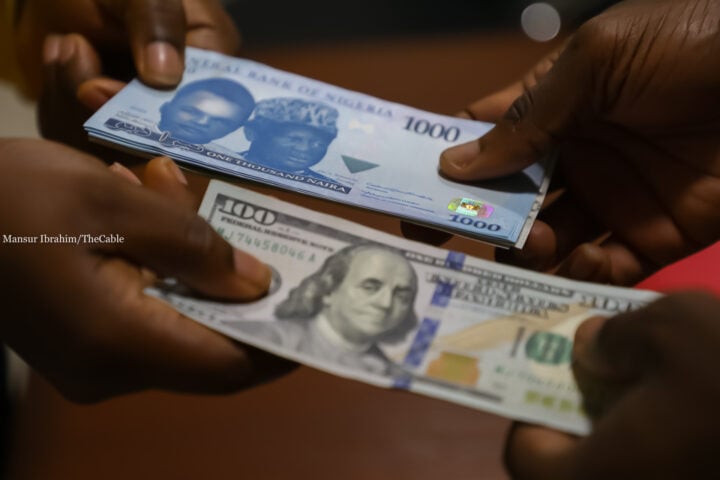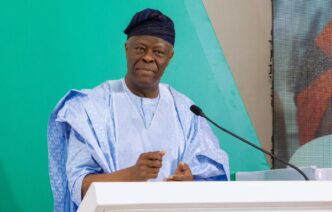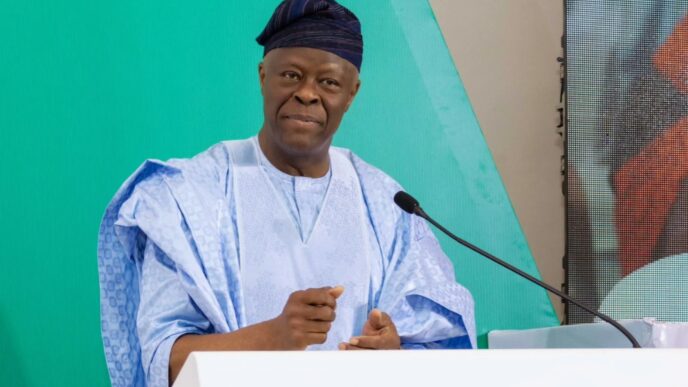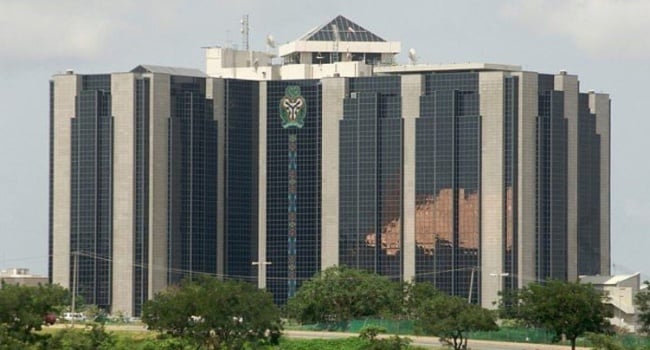The Financial Reporting Council (FRC) says Nigeria does not qualify as a hyperinflationary economy under existing standards.
In a statement on Wednesday, Rabiu Olowo, the FRC’s chief executive officer (CEO), said local companies will not apply the international accounting standard (IAS) 29 in their 2024 financial reports.
The IAS is a set of rules that guide financial reporting.
Olowo said the FRC assessed Nigeria’s economy against the five indicators in ‘IAS 29: Financial Reporting in Hyperinflationary Economies’ and decided the standard does not apply.
Advertisement
He explained that the IAS 29 establishes accounting requirements for hyperinflationary economies, identifying indicators such as reliance on non-monetary assets, pricing in stable currencies, and a cumulative three-year inflation rate nearing or exceeding 100 percent.
The CEO, who summarised the five IAS 29 indicators, said Nigeria does not meet most of the criteria.
“The general population prefers to keep its wealth in non-monetary assets or in a relatively stable foreign currency,” he said.
Advertisement
“Amounts of local currency held are immediately invested to maintain purchasing power.
“The general population regards monetary amounts not in terms of the local currency but in terms of a relatively stable foreign currency. Prices may be quoted in that currency.
“Sales and purchases on credit take place at prices that compensate for the expected loss of purchasing power during the credit period, even if the period is short.
“Interest rates, wages, and prices are linked to a price index.”
Advertisement
However, Olowo said Nigeria meets the indicator for a cumulative inflation rate over three years approaching or exceeding 100 percent.
He said the operationalisation of the Dangote refinery and the Port Harcourt and Warri refineries would help to reduce inflation and improve Nigeria’s economic outlook.
The FRC said increased crude oil production, agricultural initiatives, import policies, and structural reforms would also support the positive trajectory.
Olowo added that the FRC will monitor economic developments and update its position for the 2025 financial year, if necessary.
Advertisement
Add a comment







